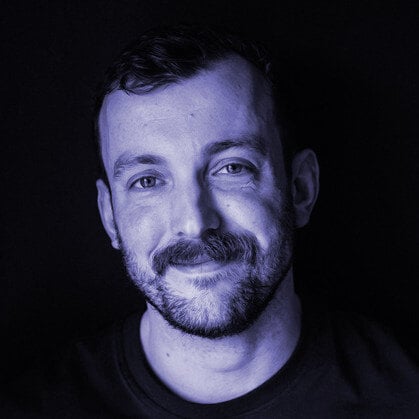There’s a new emphasis in UK health policy away from reactive treatment in hospital to preventative care delivered in the community.
We've recently been doing a lot of long-term planning in the healthcare space, and as a part of that, I've been breaking down Lord Darzi’s report published by the Department for Health and Social Care (DHSC).
You can read the Darzi report on the DHSC website.
It's a widely held view that the Darzi report will feed into the UK Government's '10 Year Health Plan', which aims to provide a long-term healthcare strategy for the UK and is set to be announced in Spring 2025.
Reactive versus preventative care
There is a clear theme in the report: a shift away from hospitals and a ‘reactive' approach to delivering healthcare, towards the community, preventative, proactive space.
The report suggests that by moving more care into the community we can prevent the development of long-term health conditions like diabetes and cardiovascular disease and so relieve pressure on hospitals.
To help facilitate this more localised approach, in 2022 the NHS broke England down into 42 separate regions, each with its own integrated care system (ICS) which, among other things, aims to:
- improve outcomes in population health and healthcare
- tackle inequalities in outcomes, experience and access
- enhance productivity and value for money
- help the NHS support broader social and economic development
This massive shift in policy and organisational structure promises to deliver real value to local communities and help to balance some of the issues highlighted in the DHSC's report.
And the ICS model provides a fantastic opportunity to provide healthcare on a truly local level.
The role of user research in this new world
User researchers are the eyes and ears of any organisation looking to connect with a community.
Nothing beats speaking to people and in the last year or two there’s been a return to on-site, in-community research, after the pandemic pushed us online.
You can read more about that in these posts from my colleagues:
- From thinking to knowing: user research in healthcare by Jo Kilcoyne and Karen McIntyre
- 5 things I learnt doing service design and research in A&E by Julia Silva
Community-focused user research allows an understanding of what challenges are pressing for the people of that area, it gives residents a say in how things are delivered and what's important to them as a community.
Strategic research
After establishing the needs of the area, strategic research allows us to evaluate the success of health intervention in the region.
It also gives us a mechanism for constantly gathering feedback, allowing flexibility and responsiveness as new needs emerge.
Coordinating between all of these ICSs will take a vision, and a strategic approach to planning research, ensuring all of the different bodies are producing research that aligns.
It would allow for consistency across local authorities, set the course for all regions to follow, and establish how we measure the success of the preventative approach overall.
User research operations (ReOps)
Increased delegation and segmentation carries risk. It can lead to siloing and inefficiency, which was another problem area highlighted by the Darzi report.
This is where user research operations (ReOps) comes in. A typical ReOps team will work behind the scenes, developing resources, processes and databases that support researchers in doing what they do.
A good ReOps team will aim to:
- streamline processes
- maximise the impact of research
- reduce overlapping research across regions
- ensure that teams learn from one another
- keep things efficient
Researchers need to get out there
The ICS model and a more localised approach to delivering care comes with so much potential to deliver real value to local communities.
User research plays a vital role across the whole delivery pipeline and will be critical in the delivery of community-based preventative care.
It’s the responsibility of researchers like us working in healthcare to be in constant conversation with the community we serve, and advocate for.
One thing’s for sure: it's going to be very exciting and rewarding to do research in this space.



